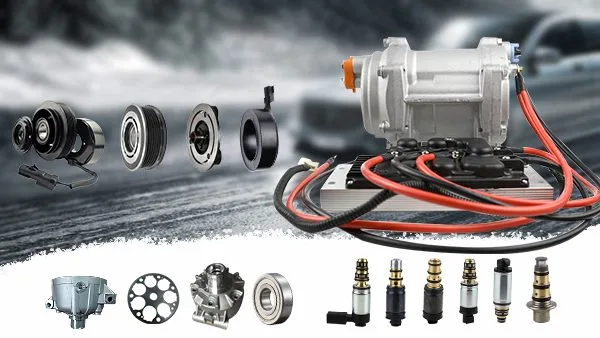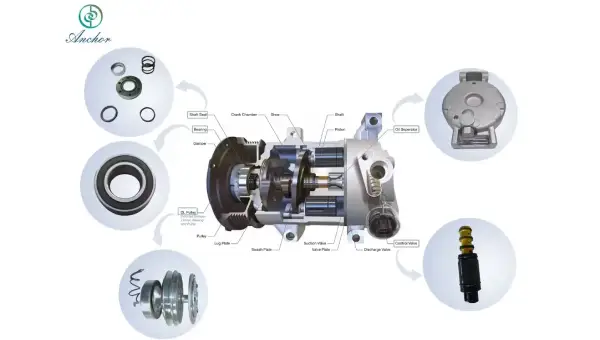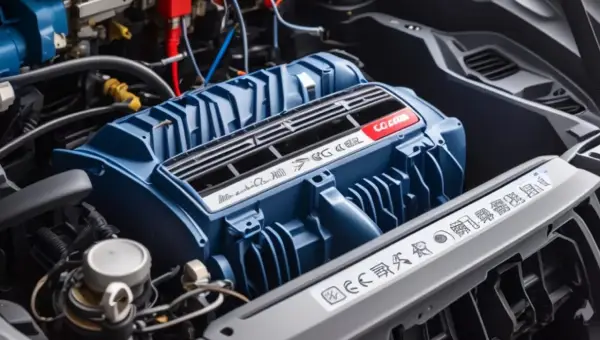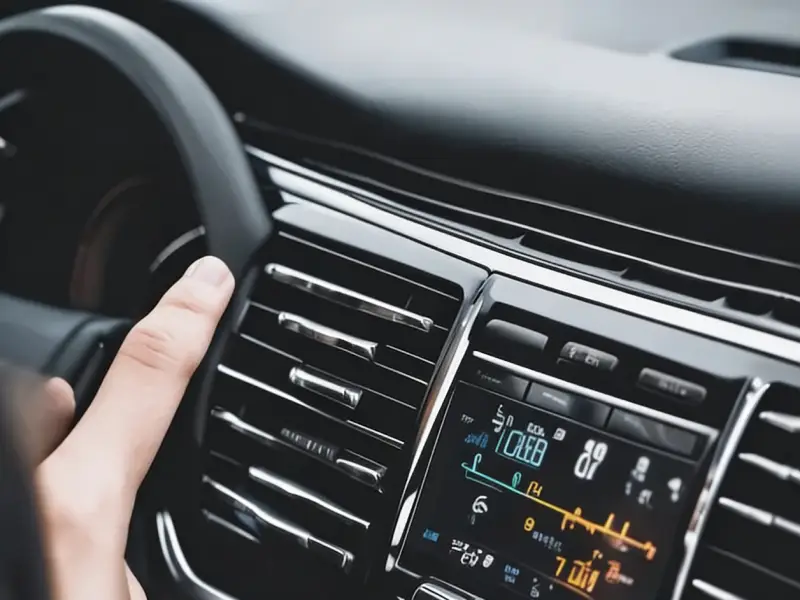In normal 77–95 °F weather, your car AC cycling on and off every 5–45 seconds; if it’s cycling more than every 5 seconds for ten minutes straight, the system is overworking—have the refrigerant level or expansion valve checked.

Car air conditioning systems play a crucial role in maintaining a comfortable cabin environment, especially during hot summer months. One essential component of the AC system is the compressor, which drives the car AC cycling on and off to regulate the temperature inside the vehicle.
Factors Affecting Car AC Cycling On and Off
Several factors influence how often the car AC cycling on and off:
Outside Temperature:
-
- Higher temperatures typically lead to more frequent compressor cycling as the system works harder to maintain the desired cabin temperature.
Set Temperature on Climate Control:
-
- The temperature setting on the climate control system determines when the compressor kicks in to cool the air to the specified level.
Humidity Levels:
-
- Humid conditions may cause the compressor to cycle more frequently to remove moisture from the air inside the vehicle.
Vehicle Speed:
-
- Compressor cycling may vary depending on the vehicle’s speed, with higher speeds often leading to more consistent cooling.
Normal Cycling Frequency
Under normal operating conditions, a car AC compressor typically cycles every 5–45 seconds while driving. At idle or in milder weather, cycles may extend to 2–3 minutes. If the compressor cycles faster than every 5 seconds for over 10 minutes, it may indicate low refrigerant or a faulty expansion valve.
Importance of Proper Cycling
Proper compressor cycling is essential for maintaining optimal cooling performance and energy efficiency. Overly frequent cycling can strain the AC system and increase fuel consumption, while inadequate cycling may result in insufficient cooling and discomfort for passengers.
Signs of Abnormal Cycling
It’s essential to be aware of signs indicating abnormal compressor cycling, such as:
-
- Excessive cycling, with the compressor turning on and off rapidly.
-
- Continuous operation without cycling indicates a potential issue with the compressor or refrigerant levels.
-
- Inconsistent cooling performance or fluctuations in cabin temperature.
Potential Causes of Excessive Cycling
Several factors can contribute to excessive compressor cycling, including:
-
- Low refrigerant levels.
-
- Clogged or restricted airflow.
-
- Faulty compressor clutch or pressure sensors.
-
- Malfunctioning thermostat or climate control system.
How to Optimize Compressor Cycling
To ensure optimal car AC cycling on and off, as well as efficient operation of the AC system, consider the following tips:
-
- Regular Maintenance: Schedule routine maintenance checks to inspect and service the AC system, including checking refrigerant levels, cleaning or replacing air filters, and lubricating moving parts.
-
- Using Auto Mode: Utilize the auto mode feature on the climate control system, which automatically adjusts compressor cycling based on cabin temperature and ambient conditions.
-
- Avoiding Overcooling: Set the climate control system to a moderate temperature to prevent excessive cycling and reduce energy consumption.
-
- Checking for Refrigerant Leaks: Periodically inspect the AC system for refrigerant leaks, as low refrigerant levels can lead to inefficient compressor cycling and diminished cooling performance.
Conclusion
Understanding how often the car AC cyclying on and off is crucial for maintaining optimal cooling performance and comfort during vehicle operation. By considering factors such as outside temperature, humidity levels, and proper maintenance, drivers can ensure that their AC systems operate efficiently and reliably, providing a comfortable cabin environment year-round.
FAQs
What causes a car’s AC Cycling on and off?
Can excessive cycling damage the auto Air conditioning system?
How can I optimize my car’s Air Conditioning compressor cycling?
Is it normal for the auto AC compressor not to cycle at all?
At Anchor Group, we understand that consistent AC performance depends on precision-engineered components. As a trusted supplier of OEM and aftermarket air conditioning parts and tools for passenger cars, buses, and trucks, we ensure every product meets strict quality standards to support optimal cooling efficiency and system reliability.





